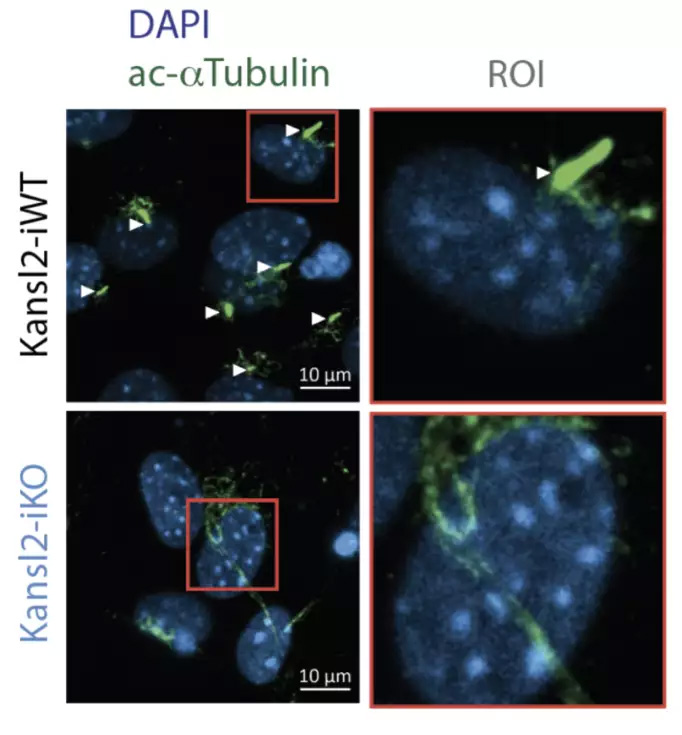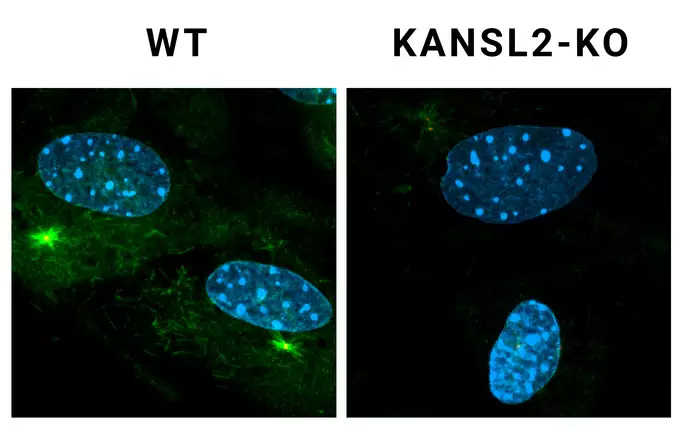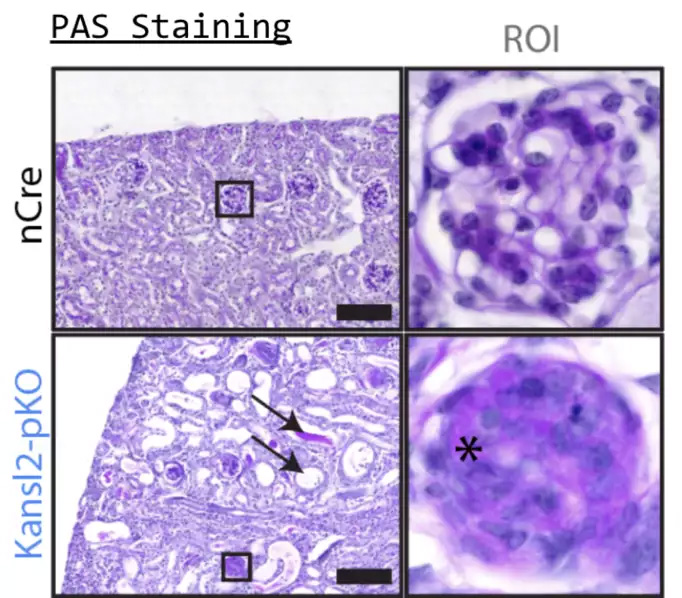Cilia are thin protrusions on the surface of cells. They have a wide variety of functions, including sensing of mechanical or chemical signals. Impaired cilia function plays a central role in the pathogenesis of many diseases. These so-called ciliopathies are associated with a wide range of symptoms, including hearing loss, visual impairment, obesity, kidney disease, and mental disability.
Within cilia, the intraciliary transport system delivers molecules between the cell body and the ciliary tip to ensure a constant supply of materials for cilia formation, maintenance and function. Mutations in genes encoding components of the intraciliary transport machinery could lead to ciliopathies. In their recent study in the journal Science Advances, a research team lead by Prof. Dr. Asifa Akhtar identified the NSL complex as a transcriptional regulator of genes known for their roles in the intraciliary transport system of cilia in different cell types. Akhtar is Director at the MPI of Immunobiology and Epigenetics in Freiburg, Honorary Professor at the University of Freiburg, and member of the Cluster of Excellence CIBSS – Centre for Integrative Biological Signalling Studies.
The NSL complex enables intraciliary transport
The NSL complex is a potent epigenetic modifier that regulates thousands of genes in fruit flies, mice, and humans. However, most of the functions of the NSL complex remain mysterious and have only recently begun to be elucidated. “Previous research from our lab indicates that the NSL complex controls many pathways critical for organismal development and cellular homeostasis,” says Akhtar.
The complex comprises several proteins and is a histone acetyltransferase (HAT) complex that prepares genes for activation. “Think of gene regulation as a team effort with different players. One important player is the NSL complex. It puts special marks on the histone proteins on which the DNA is wrapped around in the nucleus, like putting up green flags. These flags tell other regulators to switch on specific genes. We now found that the NSL complex does exactly this for a group of genes linked to moving materials within cilia,” says Tsz Hong Tsang, the first author of the study.








